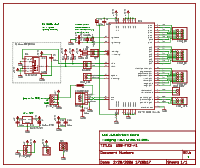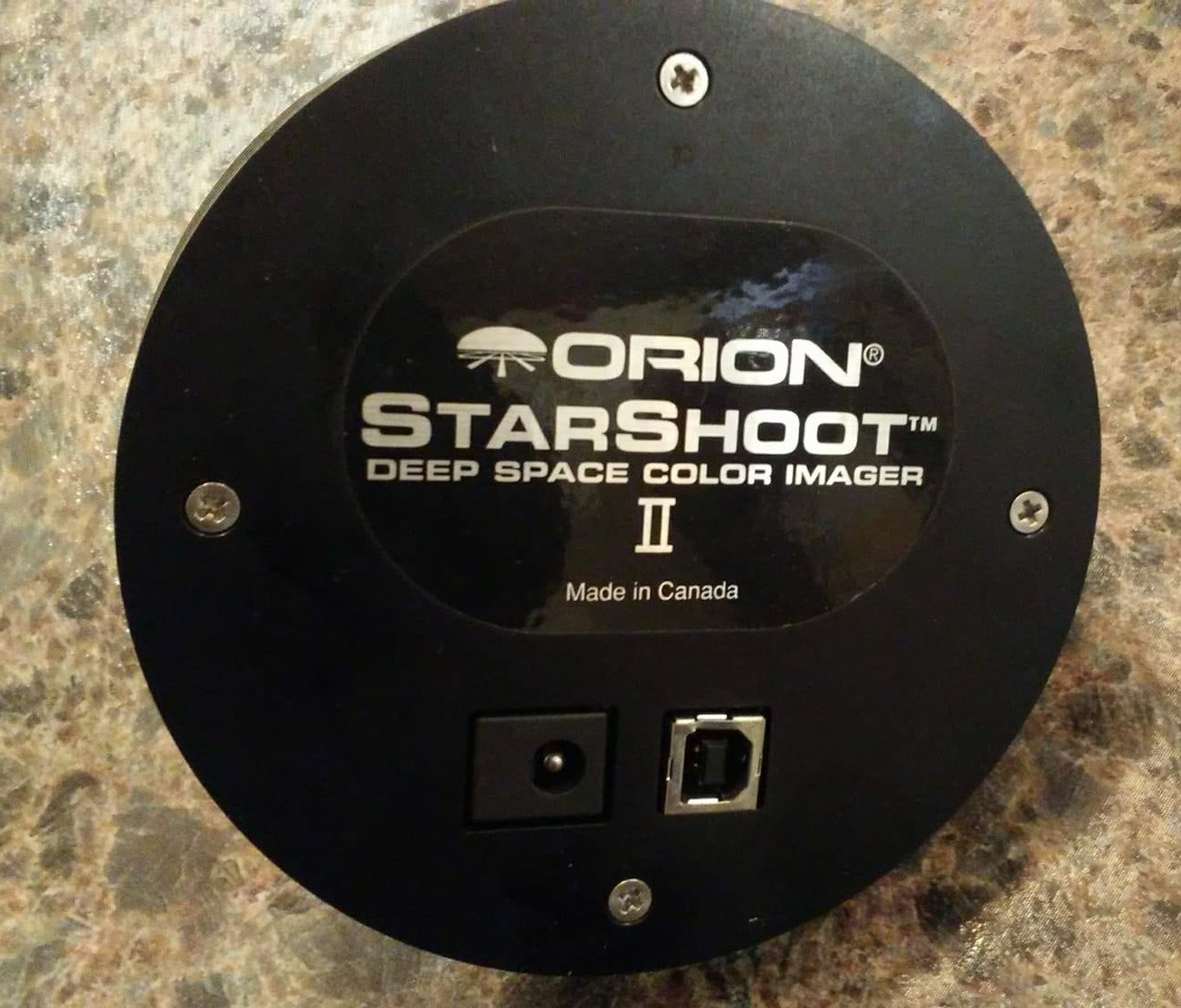Anchor Chips, Inc. Vendor Devices 0d6b And-Or Logic: Vendor Devices 0d2f Andamiro: Vendor Devices 1cfc ANDES TECHNOLOGY CORPORATION: Vendor Devices 136e Andor Technology Ltd. Vendor Devices 08a8 Andrea Electronics: Vendor Devices 0bd7 Andrew Pargeter & Associates: Vendor Devices a128 AnMo Electronics Corp. / Dino-Lite (?) Vendor Devices a168. Vendor id 0547, USB VID0547 or Anchor Chips, Inc. Is a Device pci vendor. All pci Devices related to vendor id 0547 will be listed below which are presented on DeviceKB.com.
A company called AnchorChips now owned by Cypress came out with an innovative and useful product a while ago, an enhanced 8051 8 bit CPU based microcontroller that has direct hardware support to run USB 1.1 devices. Anchor Chips, Inc.AN2720 USB-USB BridgeUSB VID0547&PID2720 Select the driver for your operating system and its bit. It is recommended to install a later version of the driver (see the release date). To go to the download file, click on the link. A company called AnchorChips now owned by Cypress came out with an innovative and useful product a while ago: The Linux system will typically be much more powerful, since it has at least a bit processor and richer software ezsub. This software is still usable on 2.
EZ-USB on Linux
A company called AnchorChips (now owned by Cypress) cameout with an innovative and useful product a while ago:an enhanced 8051 (8 bit CPU) based microcontroller thathas direct hardware support to run USB 1.1 devices.That product, updated, is known as the EZ USB FX.It can support all USB endpoints (30 plus control).
When USB 2.0 came out, this product was updated to supportits much faster speeds (480 MBit/sec), calling that productthe EZ USB FX2.The FX2 doesn't support quite as many endpoints (six plus control),but it does handle multibuffered high speed transfers in hardware.Device firmware just processes interrupts, fills buffers, andtells the hardware to do its thing.
There are a fair number of projects that work with bothEZ-USB devices and with Linux (on the host side).This web page is designed as a community resource,with (cross)links to related projectsas well as hosting some Linux-focused efforts directly
From a system perspective, an EZ-USB device with its firmwareare comparable to a Linux system with an implementation of theUSB Gadget API (a standard part of Linux 2.5) andsome gadget driver using that.The Linux system will typically be much more powerful, since ithas at least a 32-bit processor and richer software environment.However, the EZ-USB device will be a fraction of its cost.
Linux-Centric EZ-USB Projects
USB devices typically have to work with many operating systems.Their Linux support builds on the common kernel and user modeUSB infrastructure, which you can read about elsewhere on this site.
Firmware loader: fxload
Devices without EEPROMs are less expensive, so many devicesdon't have them. That means computers need to download firmwareto such devices before they're used.Kernel device drivers can do the downloads, but then the firmwarejust locks down kernel memory.Plus, it's easier to distribute updated firmware if you don'tneed to upgrade a kernel driver to do that.So many EZ-USB products download firmware from application code.
The Linux-Hotplug project hosts fxload software which isused to upload firmware into EZ-USB devices.
- For end user scenarios, it hooks up easily to hotplug utilities. Plugging EZ-USB devices into a Linux system runs device-specific scripts, which can download the appropriate firmware hexfile. Devices that also have off-chip memory use the two stage loader mode.
- For in-the-field product updates, or for developers, you can use a specialized second stage loader to write the boot EEPROMs. (One suitable loader is available from Cypress. Someone could usefully write a Free Software version.)
For more information, see the end of the Linux-Hotplug page about USB, where Downloading Firmware with fxload is discussed.This supports all three versions of EZ-USB chips, includinghigh speed USB 2.0 on Linux 2.4.19 and 2.5.* kernels.

EZ-USB Midi Project
The goal of the EZ-USB Midi project is to make a USB-MIDI compliant,GPLv2 licensed firmware (in C) for the original EZ-USB chip (AN2131SC).It was started to makes MidiSport1x1 and MidiSport2x2 USB-MIDI adaptersrun with Linux.These devices let you connect MIDI devices (such as controllers orsynthesizers) to Linux, using USB instead of the older soundcard hookups.Contact lars.doelle@on-line.defor more information.
- Firmware source is available, which can be built with SDCC. It talks to those MidiSport devices.
- The usbmidi driver for Linux kernels is usb-midi compliant. It does the host side of the work, talking to standard MIDI applications. (Bundled into the Linux 2.5 kernel.)
Some relevant links:
- USB-MIDI specifications The USB MIDI class specific protocol. Especially describes the format of the transfer and the class specific USB descriptors.
- Official MIDI Specification There is no free download for this one, so I've includes some bits in an appendix of the firmwares document. Find more information about midi e.g. here.
- Last but not least, Midiman also provides information about their Midisport 1x1 and Midisport 2x2 product.
USB Testing Firmware
Martin Diehl has provided EZ-USB firmware implementingsimple device protocols that are very useful when usedwith usbtest softwarefrom Linux-USB hosts, to help verify correct operation ofthe host and isolate bugs.Firmware source is available.
EZ-HID Project
There's a project working on HID firmware:http://ezhid.sourceforge.netMany links to follow at that site.
usbstress-0.3
Earlier in the development of the Linux USB stack, EZ-USB deviceswere handy to make sure that the USB Host Controller Drivers('HCDs', especially UHCI) were working right.
The usbstress software(http://usb.in.tum.de/download)uses EZ-USB devices, some custom firmware,and a user mode driver built over the USB file system (usbfs).You could run simple tests that transferred control, bulk,or isochronous traffic.This software is still usable on 2.4 kernels, though it needssome tweaking if you're just trying to use it with someEZ-USB based product rather than in some kind of developer kit.
USB Serial Drivers
Since 8051 microcontrollers easily handle RS-232 I/O,it's no surprise that a lot of USB serial adapters basicallypackage an 8051 and RS-232 connectors with firmware.When supported directly by the Linux kernel, these devices appearjust like any other kind of serial port.A number of them need to download firmware before they are usable.At this writing, all that firmware is statically linked into theappropriate mini-driver.
EZ-USB Technical References
Before you start to work with either USB or the EZ-USB controllers,you'll need to know a lot of the information found at these sites.
- The Small Device C Compiler (SDCC) is GPL'd. It compiles a C dialect down to 8051 machine code, for use in creating EZ-USB firmware. Since memory is tight on an 8 bit CPU, and often in less than 8KBytes of memory, general purpose tools like GCC don't work. Special memory space identifiers are needed: 'internal' address 64 is different from 'external', even when the 'external' one is physically on-chip.
- Search the Cypress website to find their current EZ USB chip specifications, essential for working on such firmware. Note that there are currently three EZ-USB chips:
- The original AnchorChips version (AN2132SC), which only handles USB 1.1 full speed.
- Cypress' updated FX version, AN2132SC compatible
- The FX2 version, which also handles USB 2.0 high speed. This needs different device firmware.
- The 8051 chip is what EZ-USB chips target for compatibility, though they now use enhanced cores from Dallas Semiconductor.
- http://www.usb.org/developers/docs.html ... for USB documentation, including PDFs of the current USB spec (2.0).
You need Javascript enabled for this site to work properly
Drivers Anchor Chips Reviews
The older Xeltec range of USB Eprom programmers do now work on 64 bit versions of windows, since, according to their own website 'working on 64bit platform requires tremendous effort from our side'
So to save their programmers from all of this tremendous effect, here is how to make it happen
N.B. This has only been tested on my PC using my Superpro 280u with Windows 7,8 and 10 - it should work for you, but everything is done at your own risk!
Requirements
In the download file, Here, are the signed driver and support files.
If you need XVI32 you will need to download it from their website.
Drivers Anchor Chips Bar
Method
Xeltek use a standard USB interface chip, an Ez-USB FX2, originally made by Anchor chips, who were taken over by Cypress.
Fortunately, they only seem to have made a single change to the reference driver that was issued by Anchor / Cypress, so as long as a 64 bit version of that driver exists then it should be possible to use the eprom programmer on a 64 bit OS.
A clever guy (Here) has already created a 64 bit version of the driver to use with some other hardware that utilises the same chip, and also sorted out the necessary inf files to allow you to install it on various newer versions of windows. A small change to that inf file, so it recognises the identity of the chip within the Superpro, and that will install the driver.
Another helpful guy, Doug, has now signed the driver file so that you no longer need to do any trickery to let Windows allow you to use the driver - many thanks to him.
finally, you need to make one change to the SP3000.EXE to allow it to work with EZUSB.SYS (rather than their version XEUSB.SYS), and for this you will need a hex editor. I use XVI32, a free download from Here. using this search for the text 'Xeltekusb-0' (on the latest version it is at offset 0x9B344). This is the name of the driver that it is going to use, and so we need to change this to 'Ezusb-0' and then pad the extra characters out with 00's (Hex 00, not characters!). Save this change and coupled with the driver you should now be able to use your Superpro on the 64 bit version of windows.
Troubleshooting
I heard from a user about a problem with the signed Xeltec drivers. So in case you are having the same problem :-

'My new PC has windows 10 installed as UEFI. Installing it that way enables secure boot by default and saves the default keys to your motherboard. Secure boot adds another layer of driver authentication, which causes the Xeltec patched driver to fail.
Drivers Anchor Chips Recipes
In order to fix this, you need to disable secure boot (which is motherboard specific).
Once disabled, the driver plays nice. Only caveat - your system is now (technically) susceptible to rootkits and other forms of malware that attack your drivers. Not a huge concern if you're not using fishy software.'
Thanks Bill



